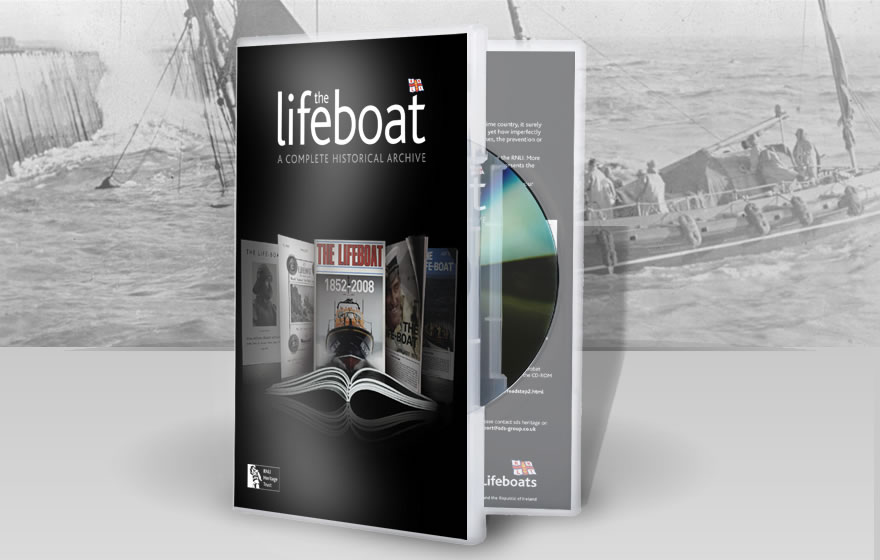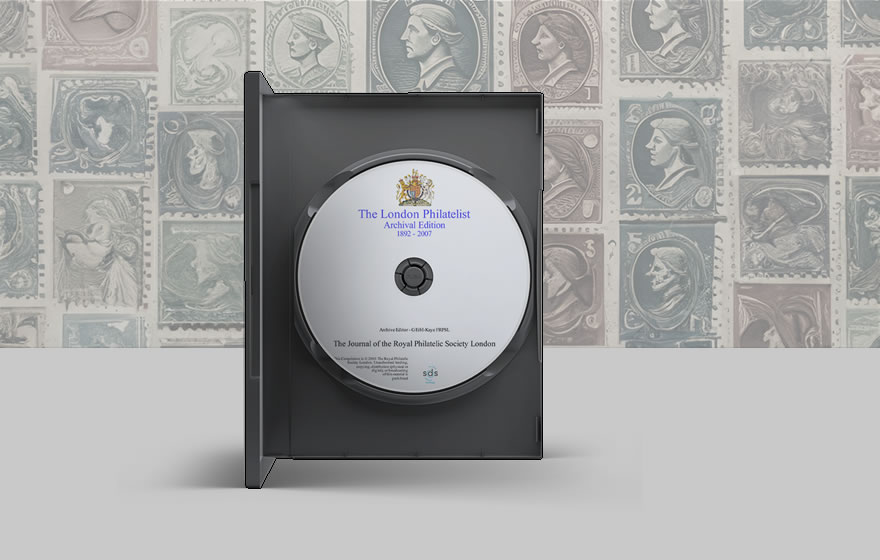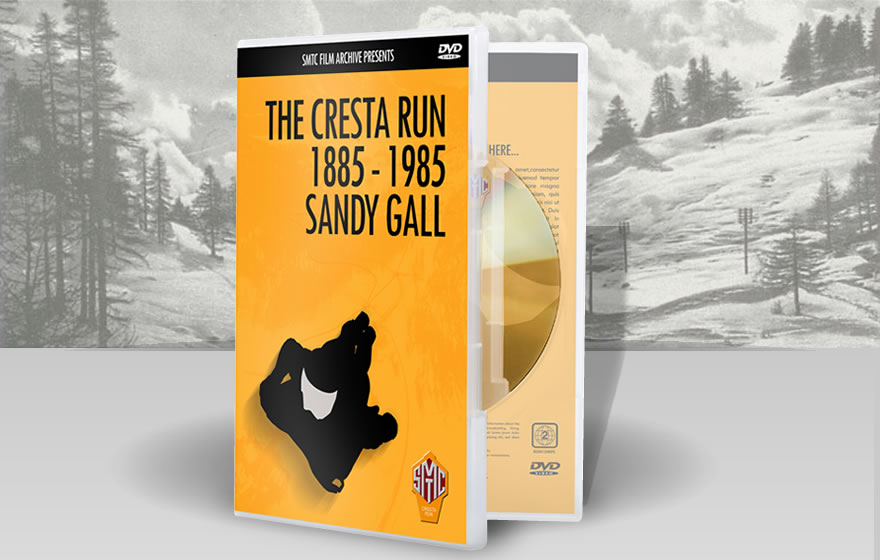Case Studies
Since 2001, SDS Heritage has scanned and digitally archived rare and precious materials for a wide range of clients.
SDS Heritage has scanned material as diverse as: various 16th - 19th Century Wayleaves and Easements for Transco British Gas; The Original World War I Diaries of the Queens Royal Regiment Museum; plates and engravings for the Illustrated London News; journals and publications for the Royal Institute of Navigation, Sainsburys, RNLI, University of Westminster, and the Royal Scottish Forestry Association.


